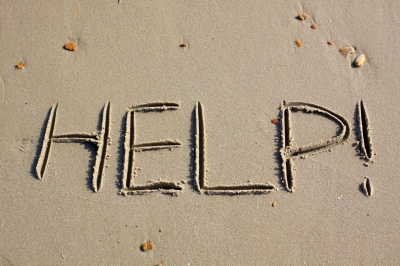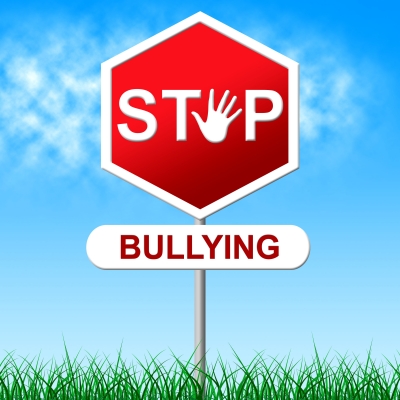1) Identify your warning signs
What does it look like when you are well? What does it looks like when you are not well? Be able to identify those changes in such things such as sleeping patterns, eating patterns, cleanliness behaviors, mood changes, and changes in thought patterns.
2) Identify coping skills
What can you do to try and either distract yourself or take your mind off of these thoughts? Coping skills are very personal and what works for one person may not work for another. Coping skills can be listening to music, deep breathing, taking a walk, writing, taking a bath, etc. Write out a long list so that you have lot of options to choose from during rough times.
3) Identify people you can talk to
Who are the people you can trust with anything? Who do you turn to in times of trouble? These can be friends, family, or professionals. If they are professionals though, understand these people are not available 24/7 so identify more than just professionals. Don’t be afraid of “bugging” your support systems too much or worrying they may be too busy. They’ll be there for you whenever you need them. I know if a friend or family member told me they were feeling unsafe I would drop everything to help them out, no questions asked.
4) Put yourself in a safe environment
Take yourself out of the problem environment. Don’t isolate and don’t stay in your home alone. Take a walk, visit a library, go to the mall. Go somewhere public where you are less likely to do anything to harm yourself. Just surrounding yourself with people is enough and taking yourself away from any knives, sharps, guns, medications, or other tools is important for safety.
5) Identify one thing that is most important to you and worth living for
It’s pretty simple. Just one thing can help us get over that hump. Identify that one person, or that one thing that is happening in the future that is pretty exciting. Just one thing makes it completely worth it and helps to manage those thoughts.
6) Go to a hospital or call 9-1-1
After you’ve exhausted this list and you’re still feeling unsafe go to a hospital and get checked out. Professionals are always available to help and there is always a safe place to go in a medical center. Most cities have acute care units where people can go for exactly this reason. You might find people who are experiencing some of the exact same things you are.
Crisis times happen, just have a safety plan in place for when it comes around. And know that it's ok to ask for help.
Other resources:
Suicide Prevention Lifeline Phone: 1-800-273-TALK (8255)
http://www.suicidepreventionlifeline.org
http://www.nimh.nih.gov/health/topics/suicide-prevention/index.shtml





 RSS Feed
RSS Feed
